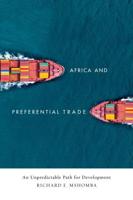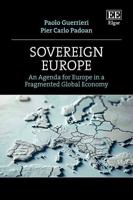Publisher's Synopsis
In this conference volume, distinguished economists and trade policymakers address the US initiatives to enter into free trade negotiations with a broad range of countries in the Asia-Pacific region, the Western Hemisphere, and Africa. The sheer number of these initiatives is unprecedented and has provoked major policy questions concerning US interests in the negotiations, the setting of priorities among the many contenders for concluding free trade agreements (FTAs) with the United States, the objectives of those trading partners, and the implications that these agreements could have for broader initiatives such as the Doha Round in the World Trade Organization and the Free Trade Area of the Americas.
The papers in the volume were presented during a conference on FTAs and US trade policy, sponsored by the Institute in May 2003. The editor, Jeffrey Schott, summarizes the policy implications drawn from the conference papers and discussions, which are organized around several topics: the conceptual case for FTAs and how they have worked in the past; what FTAs imply for the broader global system; the specific agreements that are already being pursued (Australia, Central America, Morocco, southern Africa) or considered (ASEAN, Brazil, Egypt, Korea, and Taiwan). The volume includes a technical appendix with results of GTAP and gravity model simulations of the trade and welfare effects of the prospective agreements.









